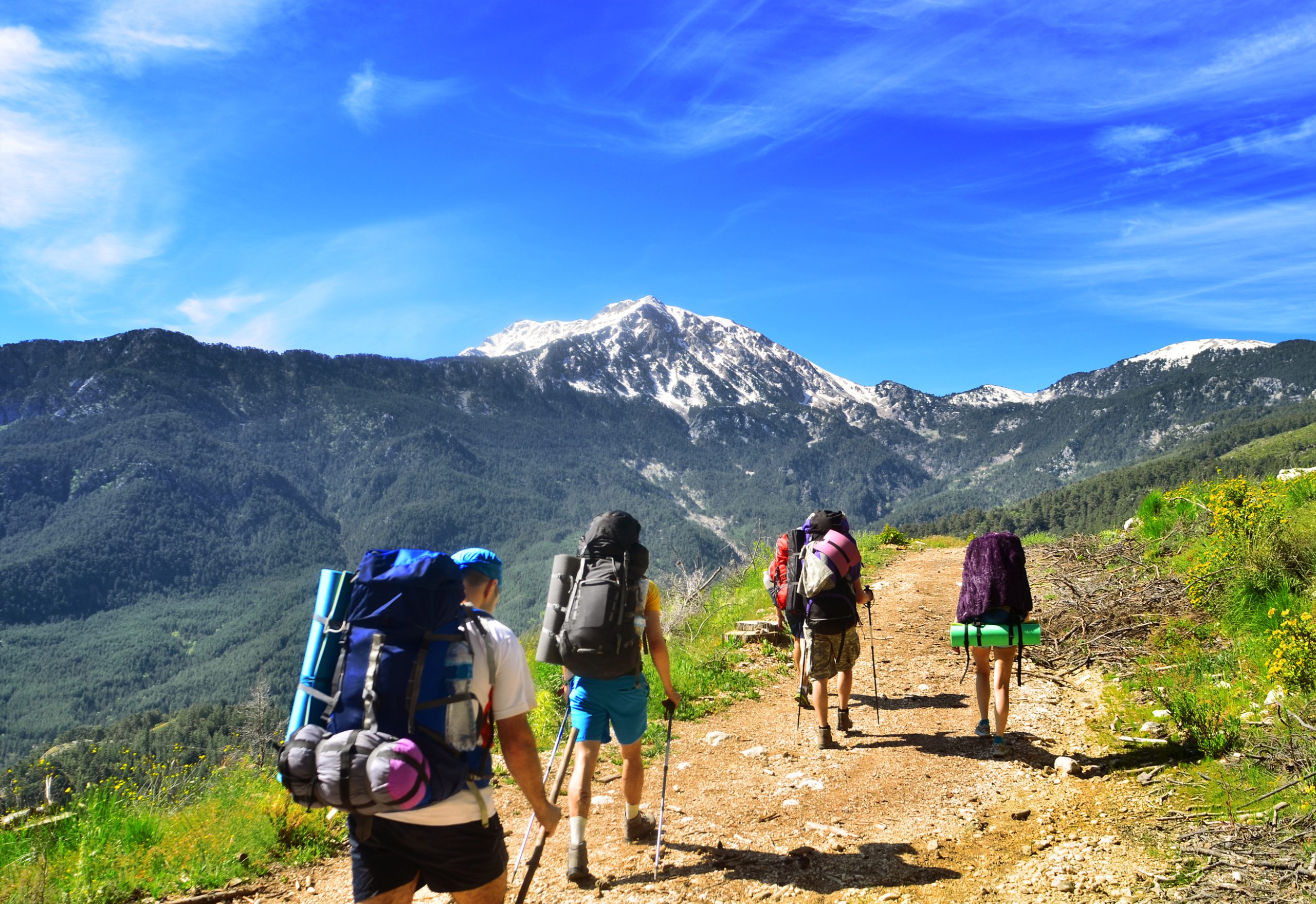
Hiking can be an incredibly exciting experience that has numerous health benefits, however, being out in nature also comes with a bit of risk. From encounters with dangerous wildlife and navigating hazardous terrain to excessive impact on your joints and the dangerous effects of dehydration, accident and injuries can happen. The good news is that with a few precautions you can prevent injuries from occurring. Here are 7 tips to keep in mind while hiking to ensure you stay safe.
Thoroughly planning your hike is an effective way to prevent accidents and injuries from happening while out in the backcountry. Research things like what wildlife you may encounter, what poisonous plants are native to the area, or what dangerous terrain you may have to navigate. Knowing what to expect can help you prepare and you won’t have any unexpected surprises.
Hiking trails can be unpredictable due to steep and uneven terrain and slippery surfaces which ultimately can result in injuries. It’s essential to stay fit and work on improving ankle strength and overall balance by regularly exercising and training. However before any hike, it’s important to perform a light exercise and stretching to warm up your muscles and joints. This can help increase mobility and flexibility which can prevent strains and sprains from occurring.
Hiking can be incredibly taxing on your joints resulting in strains, sprains, and other injuries. Hiking poles or walking sticks are great tools to use while hiking to distribute your body weight evenly, relieve tension, and reduce pressure on your joints while also improving your overall balance. This is especially important when descending steep or uneven terrain which can cause a lot of stress on your knees and ankles.
During a hike, proper footwear is crucial for performance, absorbing the impact of each step, stabilizing your ankles, and protecting your feet, reducing your risk of potential injuries. Invest in a pair of high-quality, sturdy hiking shoes or boots that will keep your ankles adequately supported and your feet comfortable and dry. Make sure to break in your footwear before a hike to prevent pain and blisters.
Dehydration can lead to muscle cramps, headaches, dizziness, fatigue, and disorientation, making it difficult to get through your hike and can even lead to more serious complications like heat stroke, so its important to bring enough water for your hike. Staying hydrated is essential when it comes to outdoor activities so its vital to stay hydrated and drink plenty of water throughout your hike, not only when you’re thirsty. Sports drinks or rehydration tablets are also great for replenishing electrolytes and other essential vitamins and minerals. Avoid drinking caffeine or alcohol as these drinks can dehydrate you.
Even if you’re an experienced hiker, it’s important to be aware of your limits and rest when you feel tired. Overexerting yourself can lead to fatigue and may increase your chances of becoming injured. Take plenty of breaks during your hike to rest your body and reenergize your muscles.
While prevention is key, unfortunately accidents do happen. Having a first aid kit should always be an essential part of your gear to be prepared for injuries if they do occur, however, knowing how to use what’s in the kit is equally important. With our Wilderness First Aid course, you’ll gain the knowledge and skills to know how to identify and treat common illnesses and injuries that can occur while hiking.